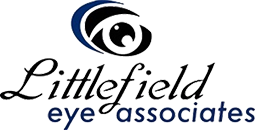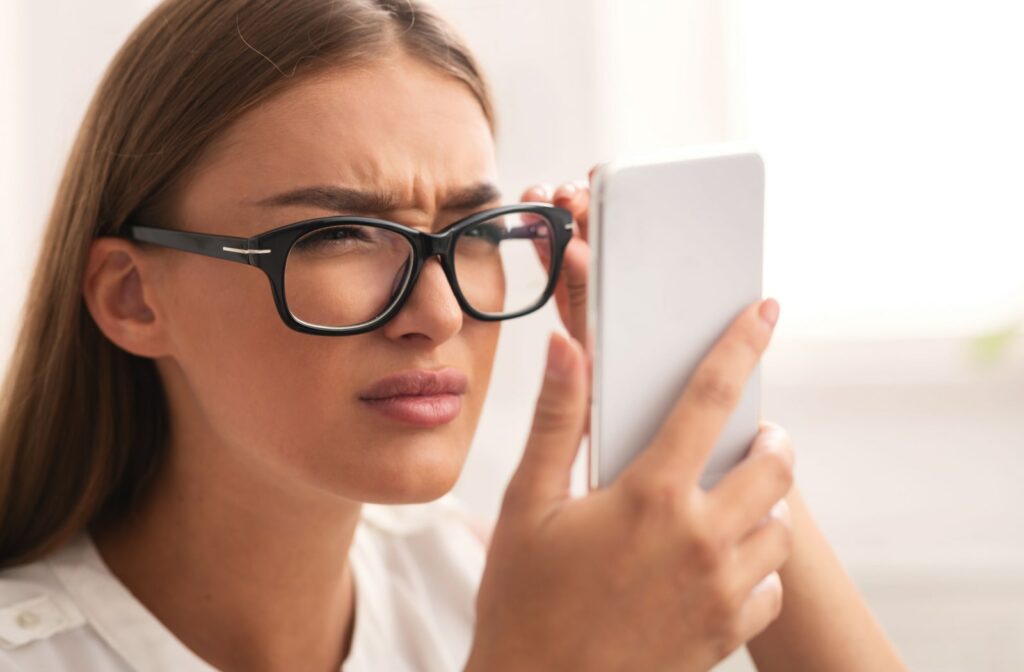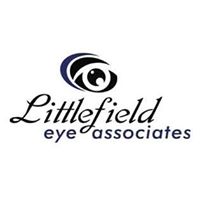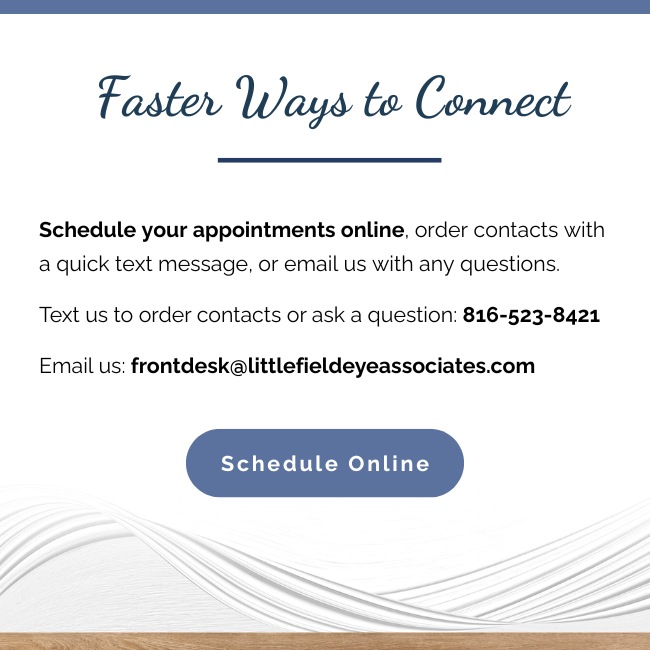Myopia is a refractive error commonly diagnosed during a children’s eye exam because of its early development. Unfortunately, there are currently no treatments that can reverse the effects of myopia. But there are myopia control methods that may help prevent your child’s vision from worsening.
Special contact lenses, medicated eye drops, or prescription eyeglasses may be options for helping your child see clearly and minimize vision changes. Additionally, if an adult seeks myopia correction, they may be eligible for corrective laser eye surgery.
What Is Myopia?
Myopia, also known as nearsightedness, is one of several refractive errors that change how objects appear in your vision. As the name suggests, myopia causes far-away objects to be blurry, while your near vision remains unaffected as long as no other refractive errors affect your vision.
The severity of myopia is determined by the severity of the condition. Low myopia is considered three diopters or less. Moderate myopia is regarded as 3–6 diopters. High myopia is six diopters or more. Ideally, myopia control methods will prevent high myopia because of potential risks, such as an increased risk of glaucoma or retinal detachment.
Myopia Causes
Doctors still don’t know exactly what causes myopia. There seems to be a genetic component where children with parents who have myopia are at an increased risk. But a child can still develop myopia, even if their parents don’t have it.
Another link that doctors discovered is time spent indoors increases the chances of developing myopia. Studies have demonstrated that natural light outdoors reduces the risk of myopia developing in a child’s eyes.
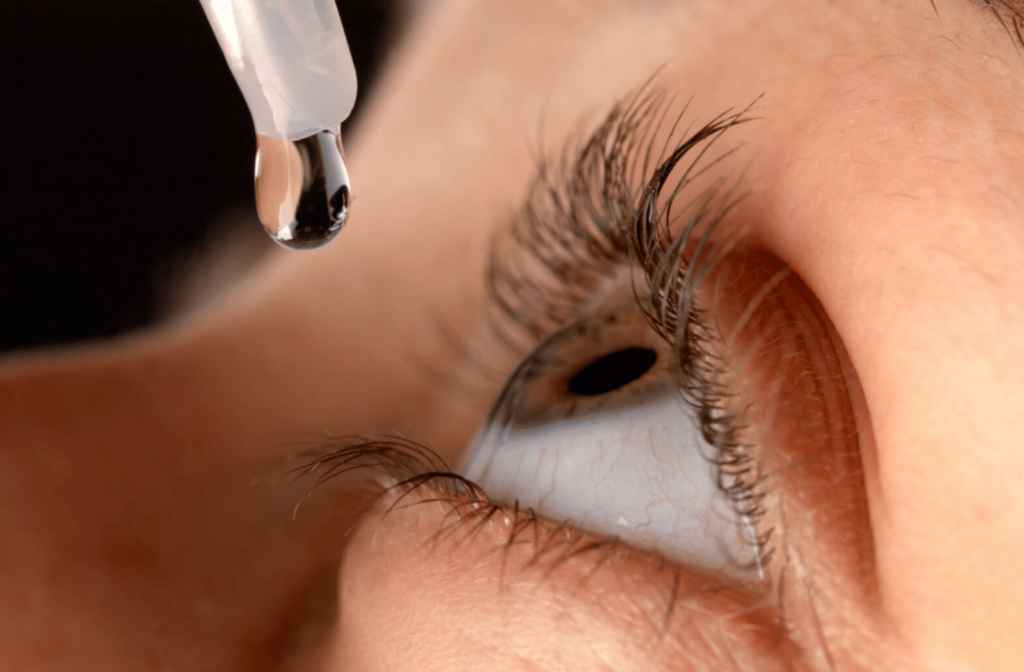
Myopia Control Methods
There isn’t a single control method that works the best. Your family eye doctor will consider your child’s overall eye health and vision needs when determining the best course of correction.
Atropine Eye Drops
Low-dose atropine, ranging from 0.1%–0.5%, has long been regarded as one of the most effective forms of myopia control. Studies demonstrated that these eye drops could slow the condition’s progression by up to 77% compared to an untreated eye.
There isn’t a one-size-fits-all answer for how your eye doctor will treat your child with atropine. Treatments can range between various dosages and schedules. It’s essential to visit the eye doctor as recommended during treatment so that they can monitor your child’s eyes.
Orthokeratology
Orthokeratology, also known as ortho-k, uses specially-designed contact lenses to temporarily reshape the cornea to prevent or minimize the need for additional correction. It has more uses than for myopia control, but that is its primary use.
Your eye doctor will fit your child with the ortho-k lenses if they recommend it as the best control method. They gently reshape your child’s cornea, giving them crisp, clear vision the following day.
Multifocal Soft Contact Lenses
Another form of contact lens myopia control is multifocal soft contact lenses. A multifocal contact lens has two distinct focal magnifications in a single lens. You’re on the right track if you’re picturing an eyeglasses lens with the line in the middle.
The 2-fold effect on the child’s eyes is correcting the refractive error to give them clear distance vision. But the other magnification helps refract light to the front of the retina to help slow myopic progression.
These types of contact lenses are effective in children as young as 7, which is around the age that myopia diagnosis is common.
Multi or Bifocal Glasses
Although they don’t seem to be as effective of a control method compared to others already discussed, multifocal or bifocal eyeglasses lenses have shown some success of up to 46% decrease in myopia progression, compared to untreated myopia.
These types of eyeglasses lenses work similarly to multifocal contact lenses. They correct the refractive error to provide clear vision and refract light on the retina to help slow the eye’s growth.
Myopia Control Glasses
There is no form of myopia control lenses for glasses available in the United States yet, but they should be available in the near future. Myopia control glasses are available in Canada, under brands like MiyoSMART or Stellest.
Discuss the Options With Your Family Eye Doctor in Kansas City
If you’re reading this as an adult whose myopia has already stabilized, but you’re tired of wearing corrective eyewear, laser eye surgery may be an option. You can discuss your options with the eye doctors at Littlefield Eye Associates, and they can determine whether you’re a candidate for ditching your specs.
Alternatively, if you’re reading this because your child has been diagnosed with myopia and you want to know your family’s options, give us a call at Littlefield Eye Associates in Kansas City. Our helpful staff can answer your questions. And we can schedule you and your child a time to see the eye doctor for an exam to discuss myopia control options.
